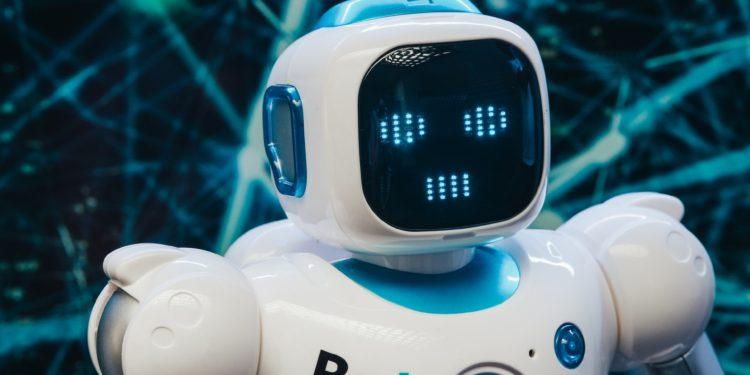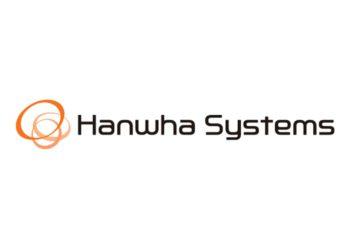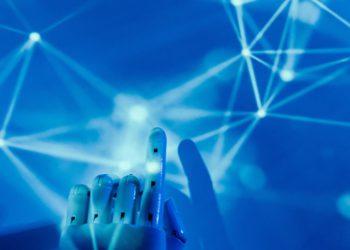South Korea is pursuing the path towards next-generation digital transformation. The Ministry of Trade, Industry and Energy has set a milestone for the operation of robot-aided nighttime police patrol for 2024.
The government is heavily fixated on growing the current robotics and AI industry. In the next 5 years, South Korea seeks expansion of autonomous mobility vehicles.
South Korea holds the highest robot density country i.e. 1,000 industrial robots per 10,000 manufacturing employees. It’s one of the most automated countries in the world. Although comparatively new, the South Korean robotics industry has achieved great heights. The present annual growth of 6.31% is expected to take revenue from USD 1.3 billion to USD 1.7 billion in the next 4 years.
Robots are going to be the future. South Korea being a technologically rich country, aims to foster the technology of the next generation such as robots, AI and network solutions. The ministry expects that certain measures like quick transport services, smart farming, better public safety and medical services are going to benefit the most with expansion in the robotics industry.
The commercialized usage of smart mobility services such as air taxis, and drone deliveries will be a highlight in the South Korean industry environment. Many private players are already testing the waters and joining hands in the process.
Meanwhile, the South Korean government acknowledges the local manufacturers or companies. They are set to ease regulations and bring new reforms that could facilitate business opportunities.
As per the South Korean government’s view, the innovation in robotics and capitalisation on the global new growth driver holds significance in this era. The global robotics market which is currently around $28 billion has the potential to surpass $83 by the end of 2023.
With the coming up of competitive robotic technology, South Korea’s National Police Agency has laid over its own. The police department had to deploy robot patrol dogs and also body-strengthening power armour.
This transition will take around 30 years. As per ‘Police Future Vision 2050’, police will be incorporating technologies such as self-piloting robots, exoskeleton suits, self-driving cars, and a bunch of other systems that could assist law enforcement agencies. South Korea ascertains that AI and science would help them in efficiently reducing manpower requirements within police departments.
More technological advancement brings a boost to cybercrimes. To tackle this problem, the National Police Agency also looks forward to tapping into metaverse platforms via ‘AI Metapolice’. Furthermore, South Korea’s Defence Acquisition Programme Administration (DAPA) is planning to launch ‘Biobots’ to support the military by next year. These bots would specialize in mimicking the abilities of snakes, birds, and insects.
South Korea is going to witness modified regulations to cope with the innovative and competitive atmosphere. More details about these new changes will be disclosed in April. Overall, the policies will be designed around the course and usage of robots and the robotics industry. It will talk about the approval criteria, certification, and safety standards.
Accidents happen frequently while working in construction as well as marine pollution activities. To avoid that, South Korea has set a target to integrate more robots in such workspaces. The goal is to build a robot-run oil spill cleaning system, automated marine management along with self-driving fire extinguishers to ease the risky exercises.
In the upcoming regulations, some relief will be given to restaurants and cafes that have put robots at work. As for the healthcare sector, a stable fee system will be installed for robot-mediated rehabilitation courses. The government foresees that these steps will promote the utilization of robots.




